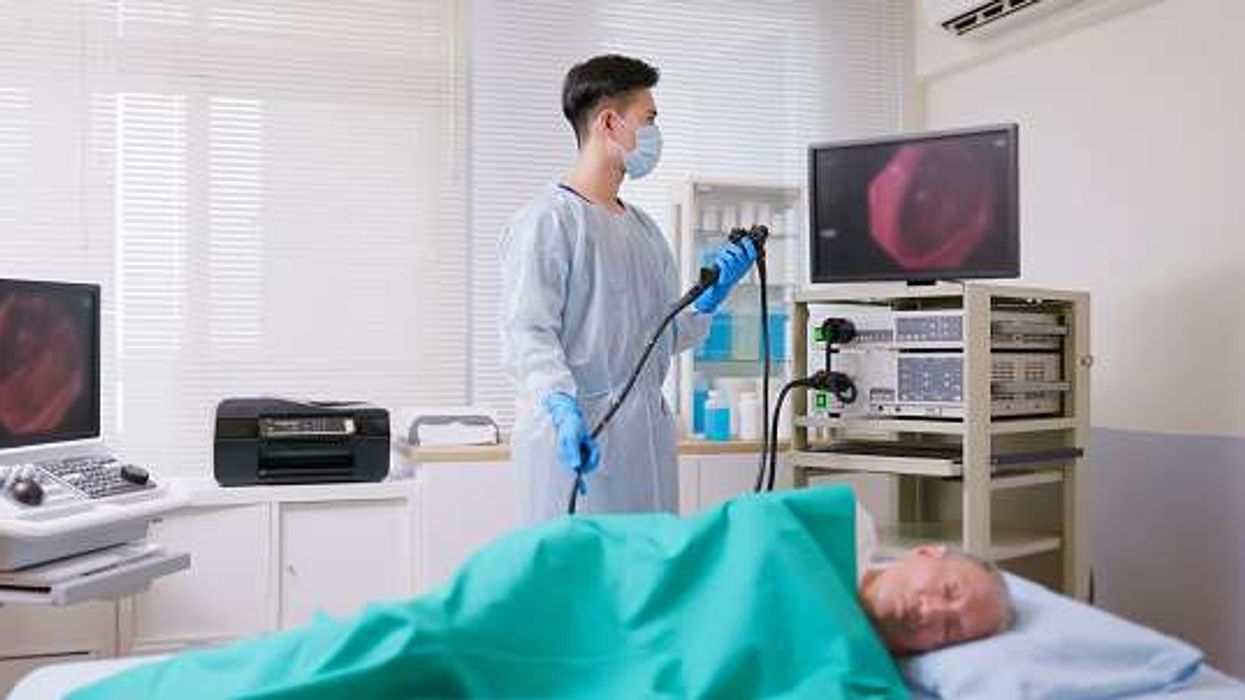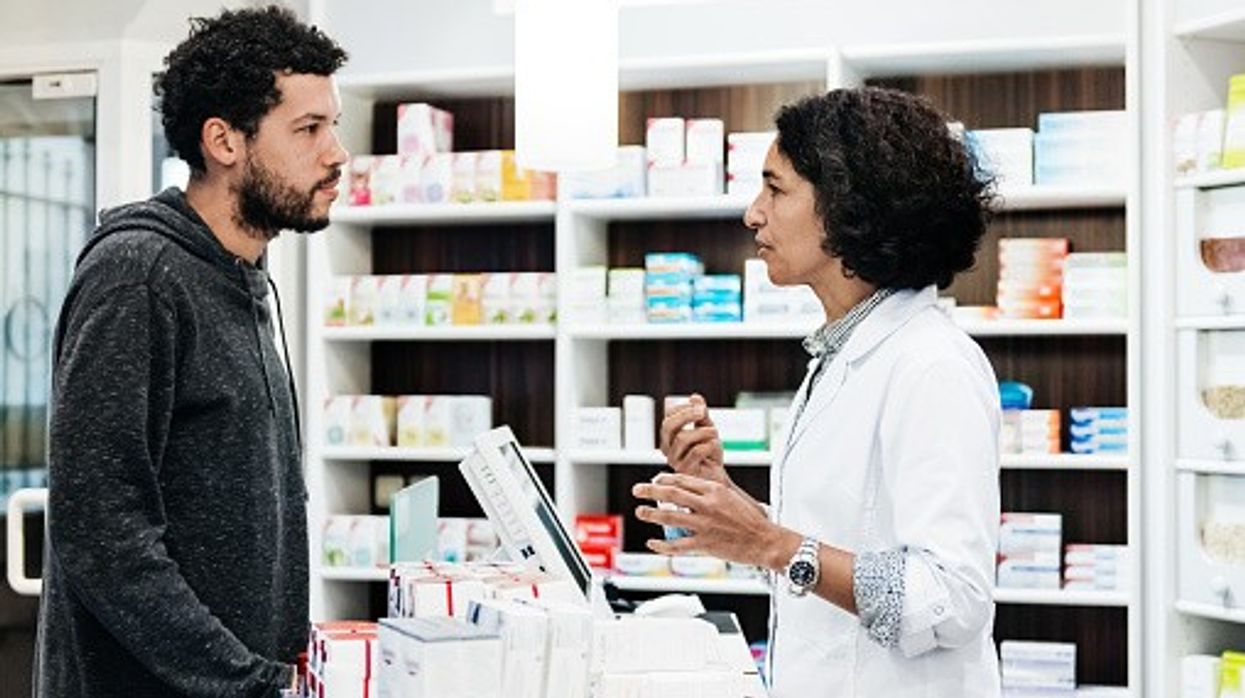Community pharmacies are set to ensure that patients will have access to the medicines they need once Brexit transition period ends, a joint statement from the PSNC and British Medical Association (BMA) said recently.
Pharmacy teams will ensure the proper supply of medicines by phoning around suppliers, ‘staged’ dispensing (owings), or considering potential alternative treatments, the statement reads.
“GPs will continue to liaise with pharmacies on this as necessary. Medicine shortages can bring additional workload to both GPs and pharmacists, but collaborative working at a local level is essential to maintain patient care,” it added.
Both the pharmacy negotiator and BMA are in regular contact with the Department of Health and Social Care (DH) on medicines supply and are expected to continue to monitor the situation to resolve any issues as they arise during and after transition period.
“However, should there be any disruption to medicines supply next year, GP practice staff and community pharmacy teams will need to work together to make sure that all patients continue to have access to the medicines they need, when they need them,” the statement added.
The DH has already worked with suppliers to help ensure that they have alternative routes away from the Channel short straits crossings to mitigate against any risk of bottlenecks at ports, Keith Ridge Chief Pharmaceutical Officer said in an assurance to pharmacies earlier last month.
The government has secured necessary freight capacity on ferry routes for all health supplies, as well as express freight capacity.
The NHS will have access to next day delivery on small consignments, including temperature-controlled or hazardous products, 48-hour delivery for larger loads, and access to specialist services, including hand-delivered courier services if needed.
DH has asked all suppliers of medicines from or through the EU to stockpile six weeks’ total stock on UK soil where possible. This buffer stock includes unlicensed medicines and specials.
For medicines that cannot be stockpiled because they have short shelf-lives, such as medical radioisotopes, suppliers must ensure they arrange alternative routes using air freight.
The government is also making sure that medicines, medical devices and clinical trials licensed or tested in the EU can continue to be imported and used in the UK by amending regulations.











